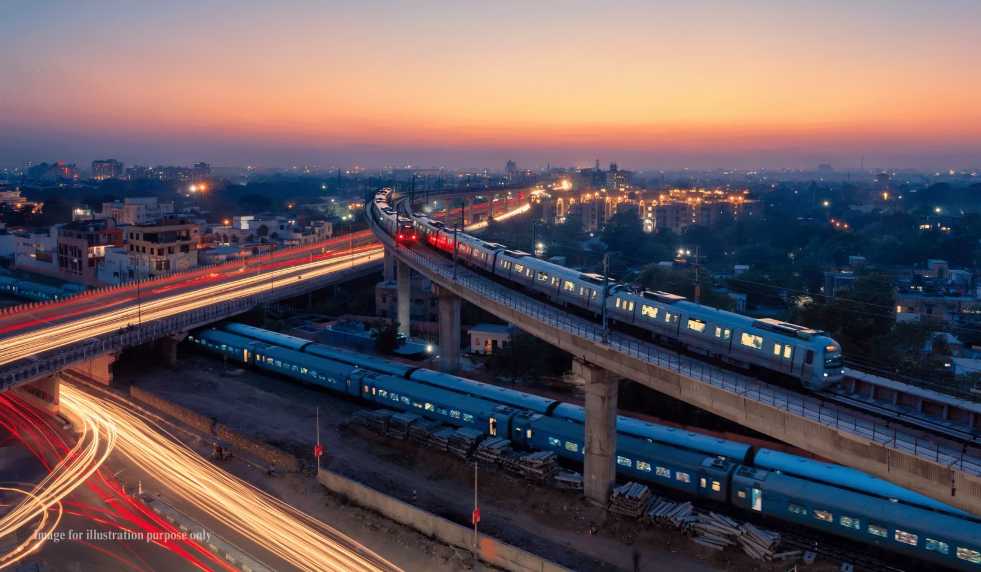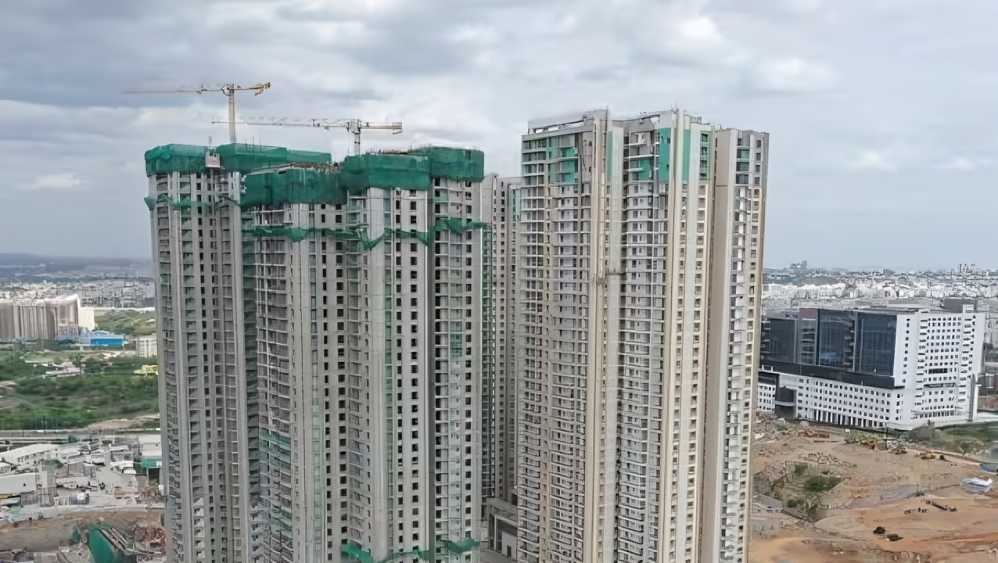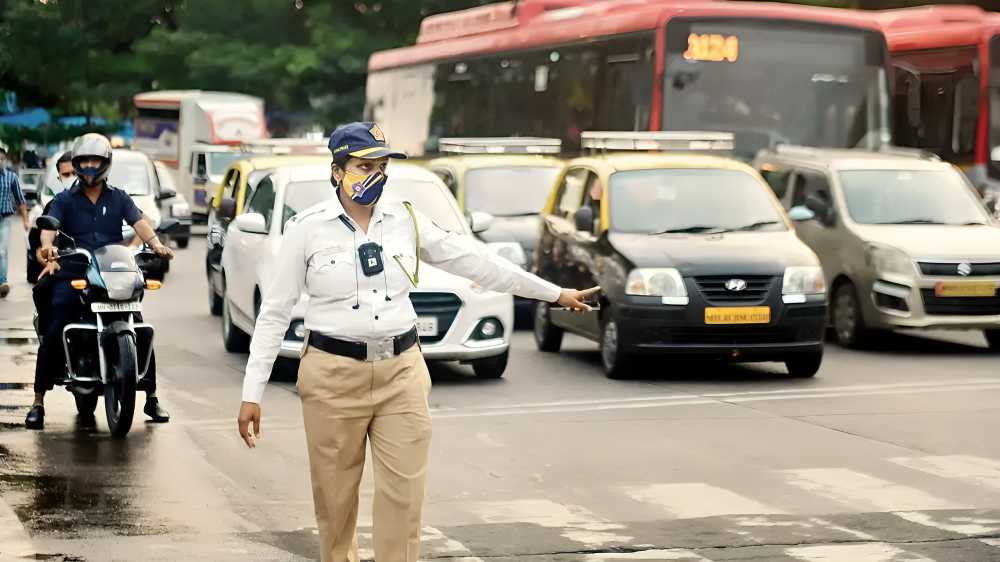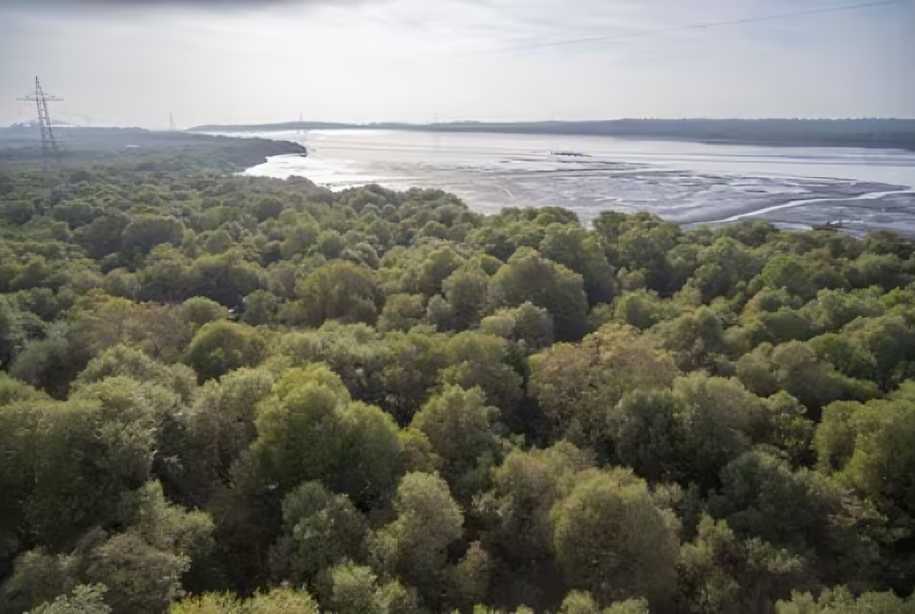August 22, 2025: The State Government has approved a series of transformative urban transport initiatives aimed at reshaping connectivity across Mumbai, Thane, Navi Mumbai, Pune, and Nagpur. Key approvals include a 25-kilometre elevated corridor linking Thane to the upcoming Navi Mumbai International Airport, and the 16-kilometre underground Metro Line connecting Wadala depot to the Gateway of India. Officials emphasise that these projects are intended to modernise public transport, reduce congestion, and accelerate sustainable urban development.
The Thane–Navi Mumbai Airport elevated corridor will serve as a high-speed transit link, offering commuters and businesses direct access to the airport while easing pressure on existing arterial roads. Experts note that such strategic connectivity is critical to enhancing economic efficiency and supporting industrial growth in the Mumbai Metropolitan Region.
Meanwhile, the Rs 24,000 crore underground Metro Line 11, funded by the Japan International Cooperation Agency (JICA), is expected to transform the commuter experience. The fully underground alignment, featuring modern stations such as Shyama Prasad Mukherjee Chowk and Horniman Circle, integrates seamlessly with the wider Mumbai Metro network, minimising surface traffic disruption while promoting equitable urban mobility.
Regional enhancements are also planned for Pune, including new railway lines along the Pune–Lonavala corridor to reduce congestion and support residential and industrial growth. Under the Mumbai Urban Transport Project (MUTP) phases 3 and 3A, 268 fully air-conditioned local train coaches with automatic doors and upgraded passenger amenities have been approved, with fares remaining unchanged. Nagpur will benefit from a new township and ring road designed to decongest existing routes and support sustainable urban expansion.
Officials stress that timely implementation is vital, with close monitoring, digitised approvals, and public-private partnerships planned to ensure on-time delivery. Analysts note that modern transit solutions, combined with green space preservation and integrated planning, are essential to creating sustainable, resilient cities capable of meeting rising commuter demand and economic growth.
Source: Urban Acres





